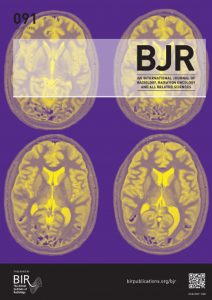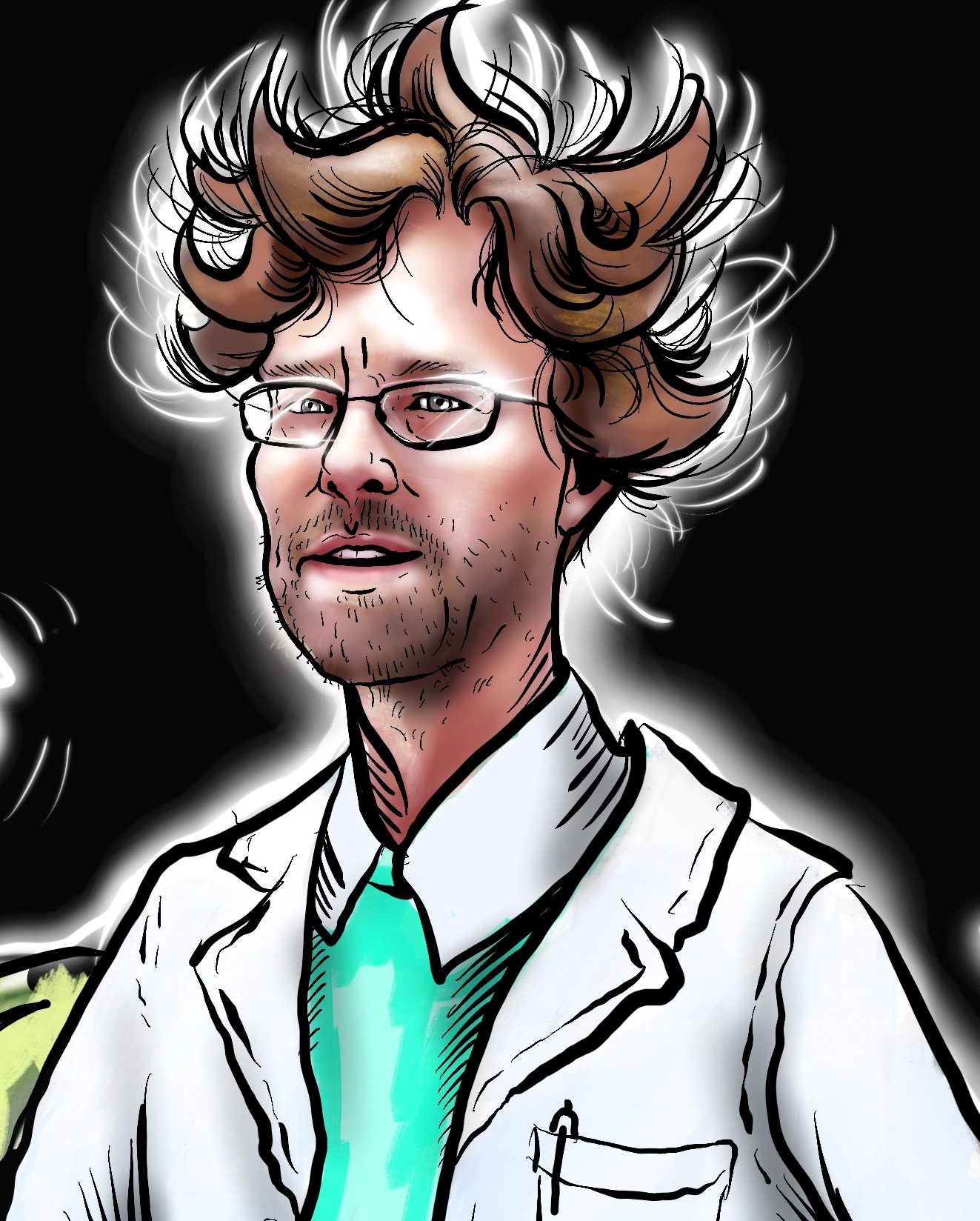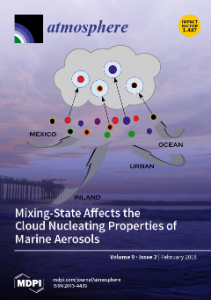 In 2009, a university announced a prominent researcher in the field of protein crystallography had likely fabricated nearly a dozen protein structures. Nine years later, the U.S. Office of Research Integrity (ORI) has upheld the results — and announced a relatively long sanction, by the agency’s standards.
In 2009, a university announced a prominent researcher in the field of protein crystallography had likely fabricated nearly a dozen protein structures. Nine years later, the U.S. Office of Research Integrity (ORI) has upheld the results — and announced a relatively long sanction, by the agency’s standards.
Today, the ORI placed a 10-year ban on Federal funding for H.M. Krishna Murthy, a former research associate professor at the University of Alabama at Birmingham (UAB), noting he “falsified and/or fabricated” research in nine papers and multiple structures added to a widely used database. Four of the papers have already been retracted; two others have been flagged with an expression of concern by the journal. Three remain otherwise intact.
The announcement was a long time coming — after the ORI provided Murthy with its initial finding and proposed sanctions, he appealed. On January 19, 2018, and Administrative Law Judge declined to move forward with the appeal, allowing the agency to proceed. Today’s finding was accompanied by a rare message from the interim office of the director, Wanda Jones, in which she notes today’s announcement:
Continue reading Infamous case of fraud by protein crystallographer ends in 10-year funding ban




